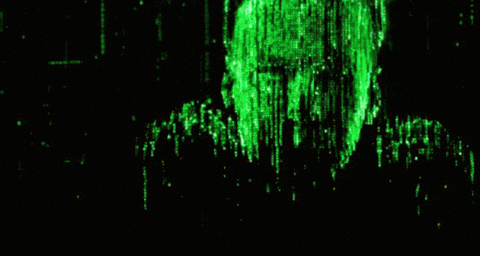The world of Matrix, both as depicted in the movies and as an extended concept, raises several interesting ethical questions that have been debated by philosophers, scientists, and fans alike. At its core, the Matrix is a virtual reality system created to keep humanity under control while using their bodies for energy. This leads us to consider various aspects of ethics such as consent, autonomy, and the nature of reality itself.
Firstly, one must question whether or not the humans trapped in the Matrix ever truly gave informed consent to be a part of this system. Were they aware of what was happening when they were connected? If not, does that make their continued existence within it unethical? On the other hand, if they did know and agreed to participate, is there still an issue with autonomy since they are essentially living in a simulated world rather than the real one?
Secondly, we must consider how our understanding of reality changes when faced with the Matrix. If what we perceive as 'real' can be so easily manipulated by technology, does that mean nothing is truly real? This raises questions about perception and truth, which have been debated throughout history but take on new dimensions in light of advanced technologies like those seen in the world of Matrix.
In conclusion, while the concept of the Matrix may seem far-fetched or even dystopian, it serves as a powerful tool for exploring complex ethical questions that are relevant to our own society today. As technology continues to advance and blur the lines between reality and simulation, these discussions will only become more important in shaping our understanding of what it means to be human and how we should treat one another.
